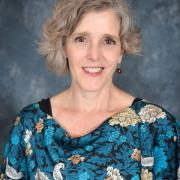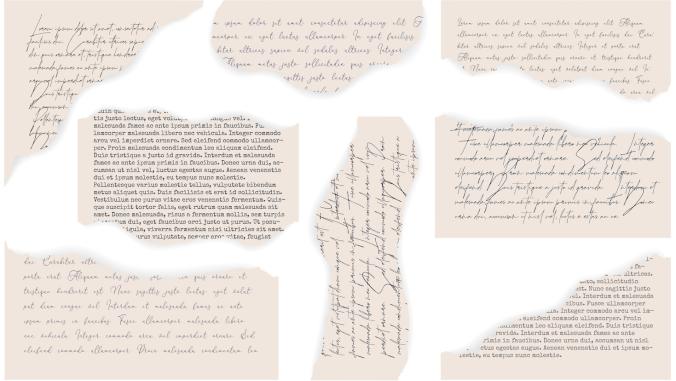Seth Schultz: Why cities need data scientists
<p>The world collects sufficient information to inform meaningful climate change strategies. C40's top data journalist wants to make it more accessible.</p>

Image of city with data by elwynn via Shutterstock
Hear more from Seth Schultz on the topic of big data and cities at the VERGE Salon NYC on Sept. 16.
Technically speaking, Seth Schultz's role with the C40 Cities Climate Leadership Group is director of research, measurement and planning.
Practically speaking, he's an entrepreneurial data journalist — one determined to translate reams of meaningful information generated by cities tackling climate change into formats, such as highly visual infographics, that the average citizen, official and municipal agency actually can understand.
"We're trying to change the way this has historically happened: best-practice white papers and case studies are good, but they're not good enough, so we're trying to radically evolve this," Schultz said.
One example is C40's analysis showing a quantifiable link between local governance structures and a city's ability to scale specific transportation, lighting, energy efficiency, water and other infrastructure projects. "We were able to look at cities that have similar power frameworks and share the information as appropriate," he noted.
Created in 2005, C40 represents some of the world's largest and most engaged cities when it comes to policies and infrastructure investments intended to combat climate change. Right now, there are 69 affiliated members — all of which were invited and underwent a probation period before being granted full status.
 "It's not a free ride. You need to be participating actively," Schultz said. "You need to want to pay it forward."
"It's not a free ride. You need to be participating actively," Schultz said. "You need to want to pay it forward."
One of the best ways for cities to do this, he believes, is by appointing a new sort of CIO — the "I" stands for both Innovation and Information — who can help municipal agencies get a better grip on their data. Can you say data scientist?
"Cities are being inundated and overwhelmed with information and data; they are hamstrung by it," Schultz noted. "This person will serve a critical role in harnessing the flow and directing the right information to the right places."
Two big obstacles to this evolution? Language barriers: it turns out many things may be learned from China, but few western cities have mastered Mandarin. And time. "As soon as you ask someone to share their time, you are asking them to do something other than what they are paid to do," Schultz said.
C40 hopes to ease the process by packaging its own analysis in ways that are simpler for city officials to digest.
Before joining C40, Schultz (an environmental scientist by training) was involved in creating the Climate Positive Development Program, spearheaded by the Clinton Climate Initiative and the U.S. Green Building Council. He researched New York's emergency response procedures for Hurricane Katrina and the World Trade Center cleanup, and spent many nights early in his career walking the complicated, old and outdated tunnels of the New York subway system.
Schultz describes the largest mammal migration ever — with more than three-quarters of the planet's population expected to move to urban communities by 2050 — as a profound political challenge. But he also believes it represents the world's best hope for reversing climate change. "We can actually see that people are tackling this head-on," he said. "They have no other choice; they are the closest form of government to the people."
Top image of city with data by elwynn via Shutterstock.





